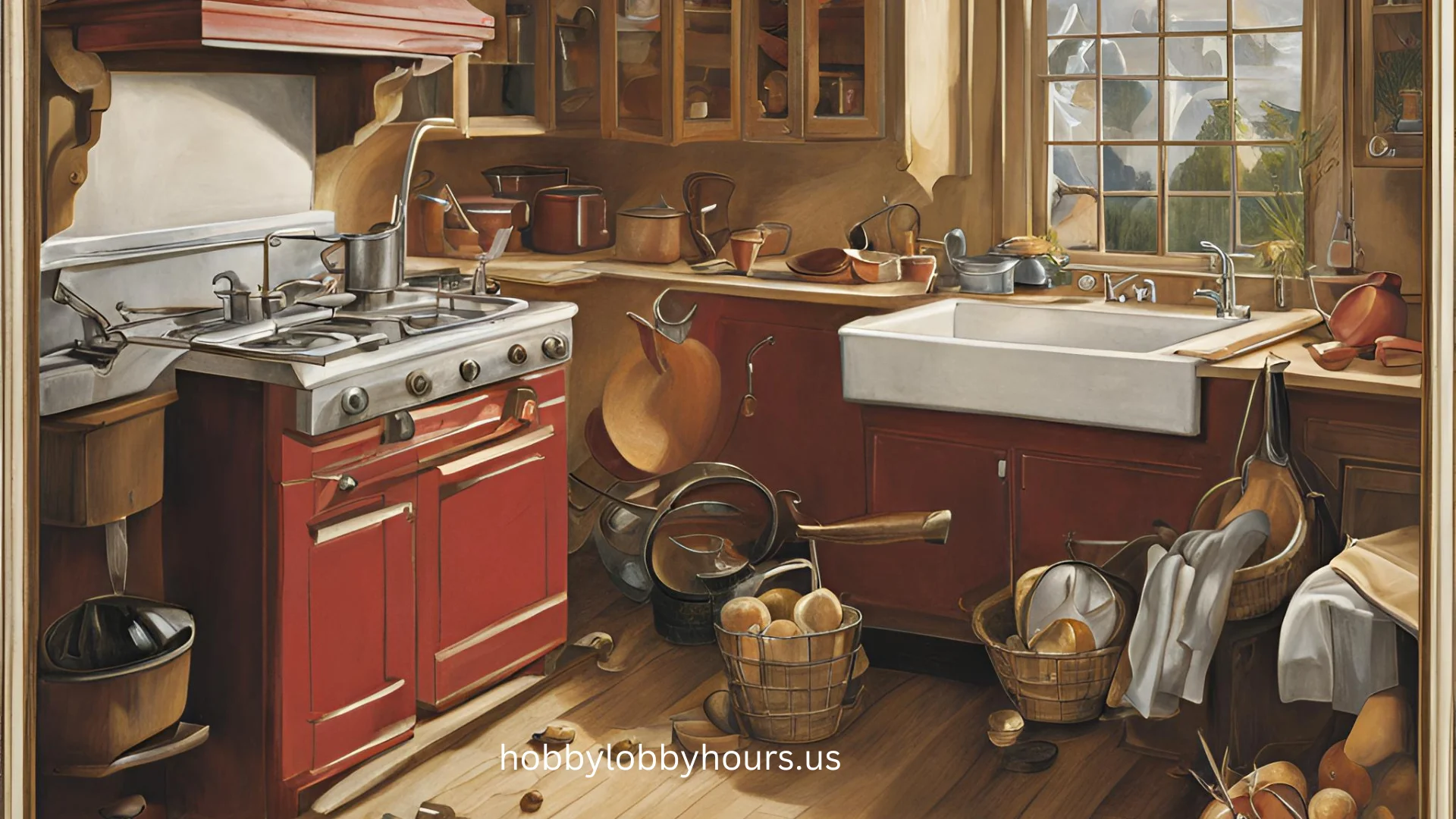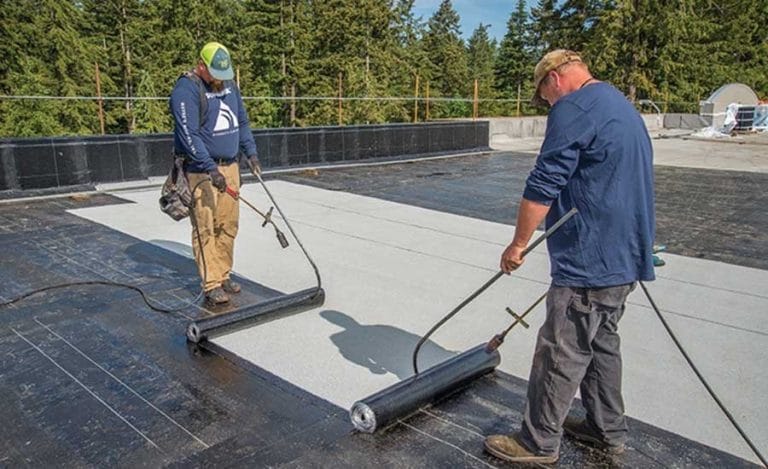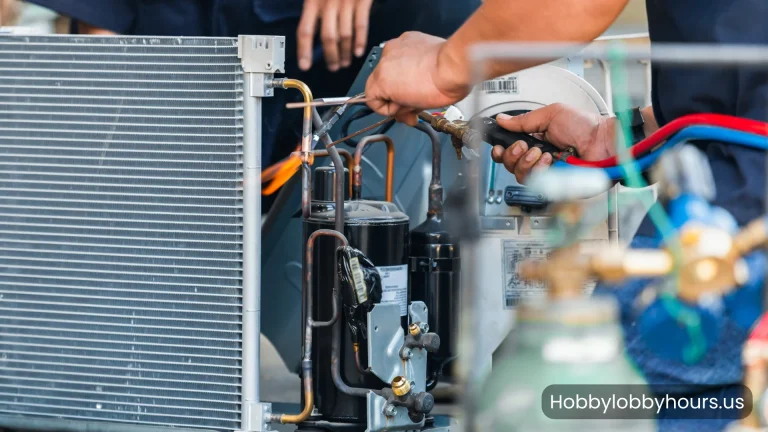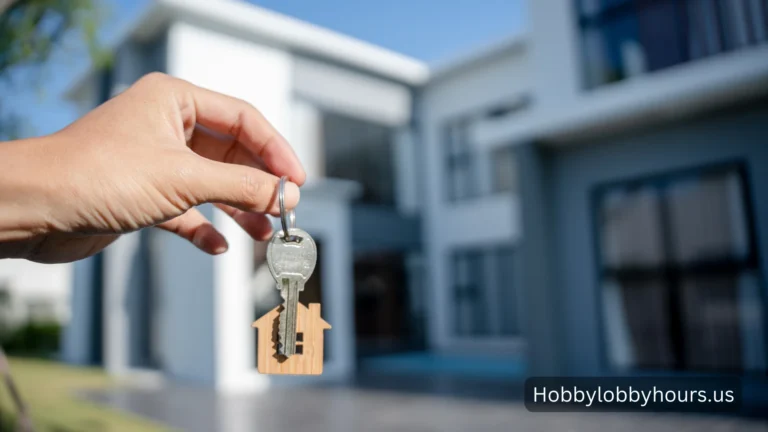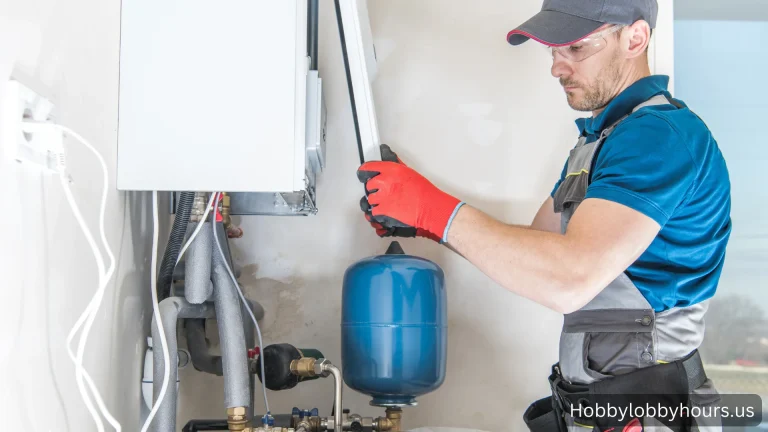10 Common Household Dangers for Seniors and How to Prevent Them
As our family members age, their homes can become dangerous due to various hidden dangers. It’s important for caregivers and family members to know these hazards and take the necessary steps to remove them.
This guide covers the top 10 common household dangers for seniors and provides practical tips to keep your elderly family members safe.
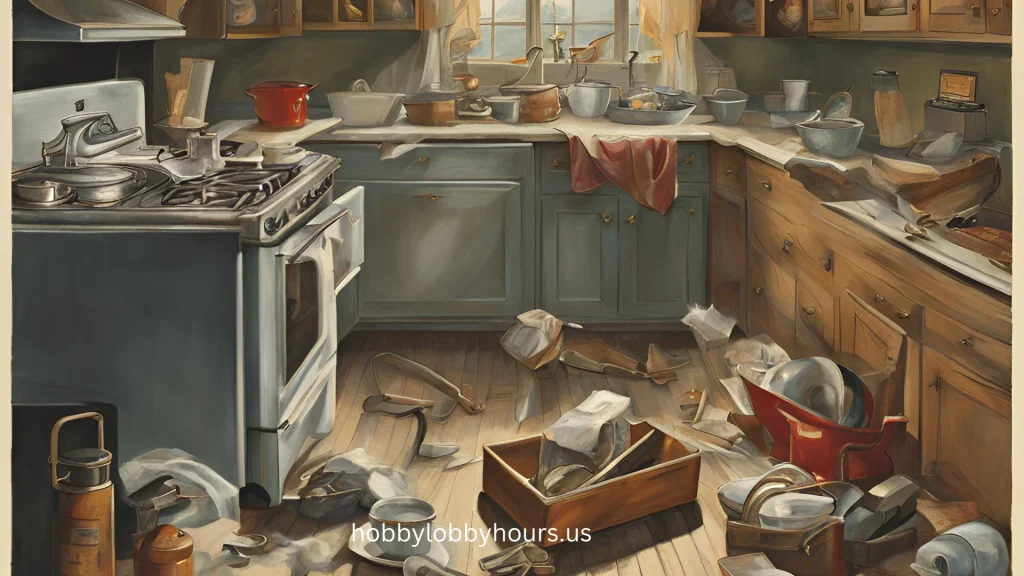
1. Falls: A Leading Danger for Seniors
Falls are the most common cause of injury among seniors, especially for those living alone or in independent senior living communities. Simple tasks like walking down hallways or getting out of bed can pose serious risks. Falls can lead to death, broken bones, head injuries, and a loss of independence.
Causes of Falls:
- Slippery floors: Wet or polished floors can cause slips.
- Cluttered walkways: Items left on the floor can trip someone up.
- Poor lighting: Dim lighting makes it hard to see obstacles.
- Inadequate handrails: Lack of support can lead to falls on stairs or in bathrooms.
Prevention Tips:
- Install grab bars: Place grab bars in the bathroom and along stairs to provide support.
- Keep pathways clear: Remove clutter and ensure floors are tidy to prevent tripping.
- Use non-slip mats: Put these mats in the bathroom and kitchen to reduce slipping.
- Improve lighting: Add brighter bulbs and night lights in key areas to enhance visibility.
2. Burns: Hidden Hazards in Everyday Activities
Burns can happen quickly and unexpectedly, especially in the kitchen or bathroom. Even minor burns can be painful and lead to serious complications if not treated properly.
Common Sources:
- Kitchen hazards: Hot stoves, ovens, and pots.
- Hot water: Scalding water from taps or showers.
- Heating devices: Space heaters and electric blankets.
Prevention Tips:
- Use stove guards: Prevent accidental contact with hot surfaces.
- Lower water heater temperature: Set it to 120°F (49°C) to prevent scalding.
- Supervise heating devices: Never leave space heaters or electric blankets unattended.
3. Poisoning: Risks from Everyday Items
Poisoning can result from accidental ingestion of medications or household chemicals. Symptoms of poisoning can vary but often include nausea, vomiting, and confusion, which can be particularly dangerous for seniors.
Causes:
- Medication mishaps: Taking the wrong medication or dosage.
- Household chemicals: Ingesting cleaning products or other chemicals.
- Cleaning products: Mixing different chemicals can release toxic fumes.
Prevention Tips:
- Properly label medications: Use large, clear labels to avoid confusion.
- Safe storage of chemicals: Keep them in locked cabinets and out of reach.
- Follow instructions: Read and follow the labels on cleaning products to ensure safe use.
4. Choking: A Silent but Serious Risk
Choking is a serious concern, especially for seniors with swallowing difficulties. In severe cases, choking can lead to lack of oxygen causing brain damage or death.
Common Causes:
- Food-related risks: Hard or dry foods can be difficult to swallow.
- Swallowing difficulties: Medical conditions can make swallowing tough.
Prevention Tips:
- Supervise meals: Be present during mealtimes to assist if needed.
- Choose appropriate food textures: Soft foods and thickened liquids are safer for those with swallowing issues.
5. Fire Hazards: Preventing Potential Disasters
Fires can start quickly and spread fast, making it essential to identify and eliminate fire hazards. Fire safety is crucial because seniors may have slower reaction times and difficulty evacuating quickly.
Common Sources:
- Faulty wiring: Old or damaged wiring can spark fires.
- Smoking: Cigarettes are a leading cause of house fires.
- Kitchen fires: Unattended cooking is a common fire source.
Prevention Tips:
- Install smoke detectors: Ensure they are working and placed in key areas.
- Regular electrical inspections: Check and repair any faulty wiring.
- Never leave cooking unattended: Stay in the kitchen while cooking to prevent accidents.
6. Carbon Monoxide Poisoning: The Invisible Threat
Carbon monoxide can be deadly when inhaled. Symptoms of poisoning from this gas include headache, dizziness, and confusion, which can easily be mistaken for other illnesses.
Causes:
- Faulty appliances: Gas stoves, heaters, and water heaters can leak CO.
- Lack of detectors: Without CO detectors, it’s hard to detect leaks.
- Poor ventilation: Inadequate airflow can cause CO buildup.
Prevention Tips:
- Install carbon monoxide detectors: Place them near bedrooms and appliances.
- Regular appliance maintenance: Service gas appliances regularly to ensure they are functioning correctly.
- Ensure proper ventilation: Keep rooms well-ventilated, especially when using gas appliances.
7. Home Security: Protecting Against Intrusions
Seniors can be targets for break-ins and scams, so home security is crucial. Feeling secure at home can significantly improve a senior’s peace of mind and overall well-being.
Common Vulnerabilities:
- Poor lighting: Dark areas around the home can invite intruders.
- Inadequate locks: Weak or broken locks are easy to bypass.
- Vulnerable entry points: Windows and doors without proper security measures.
Prevention Tips:
- Install security systems: Use alarms and cameras for added protection.
- Improve outdoor lighting: Use motion-sensor lights around the home to deter intruders.
- Upgrade locks: Use deadbolts and secure all windows to enhance security.
8. Drowning: Risks in Unexpected Places
Drowning isn’t just a risk in pools; it can happen in bathtubs and other areas too. Drowning incidents are often silent and can happen in just a few inches of water, making vigilance essential.
Common Locations:
- Bathtub: Slips and inability to get out can lead to drowning.
- Swimming pool: Lack of supervision or barriers can be dangerous.
Prevention Tips:
- Use anti-slip mats: Place them in and around the bathtub to prevent slips.
- Install safety covers: Use pool covers and alarms for extra safety to alert caregivers to any unsupervised access.
9. Social Isolation: An Overlooked Hazard
Social isolation can affect seniors’ mental and physical health. Prolonged loneliness can lead to mental health concerns like depression, anxiety, and even cognitive decline, impacting overall quality of life.
Causes and Risks:
- Lack of social interaction: Loneliness can lead to depression and anxiety.
- Mental health impacts: Isolation can worsen cognitive decline.
Prevention Tips:
- Encourage social activities: Involve seniors in community events and clubs to keep them engaged.
- Regular family visits: Frequent visits from family members can combat loneliness and provide emotional support.
10. Emergency Preparedness: Being Ready for the Unexpected
Emergencies can happen anytime, so it’s crucial to be prepared. Being ready for emergencies ensures that seniors can receive the help they need quickly, minimizing potential harm.
Importance of Preparedness:
- Natural disasters: Earthquakes, floods, and storms can strike unexpectedly.
- Medical emergencies: Sudden health issues requiring immediate attention.
Preparation Tips:
- Keep emergency contacts handy: Keep a list of contacts by the phone for easy access.
- Have an emergency kit: Stock it with essentials like water, food, and medical supplies to be prepared for any situation.
Conclusion
Ensuring the safety of loved ones in their homes is a top priority for caregivers and family members. By recognizing and addressing these common household dangers, you can help prevent accidents and injuries, providing peace of mind for both you and your loved ones.
Simple measures such as improving lighting, installing grab bars, and using non-slip mats can make a significant difference. Regularly reviewing and updating safety precautions is essential as needs change over time.
Remember, a safer home environment not only enhances physical well-being but also supports the mental and emotional health of seniors, allowing them to enjoy their golden years with confidence and comfort.
Pat Baker has experience as a caregiver, is a paranoid person, and writes for senior living communities in the Philadelphia area.

